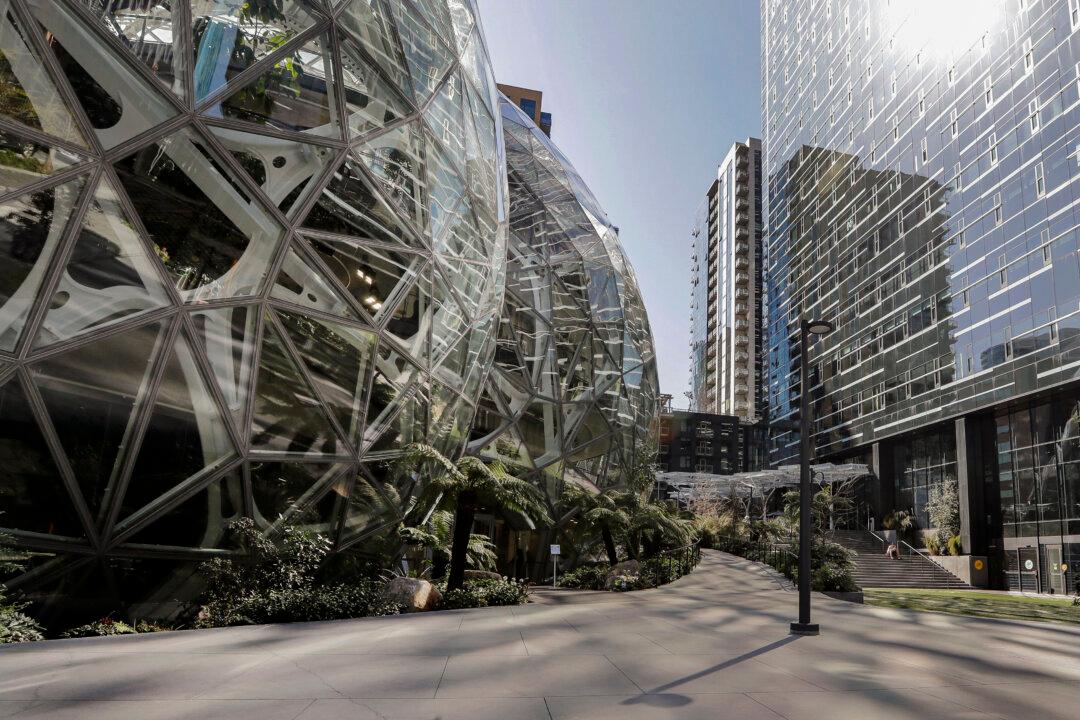Amazon will begin selling vehicles to customers in the United States starting next year, the company has announced.
The company unveiled its plans on Nov. 16 during the 2023 Los Angeles Auto Show, noting that the new additions to its online shopping site will make it “more convenient” for customers to find and buy their vehicle of choice and pick it up from their local dealer.




